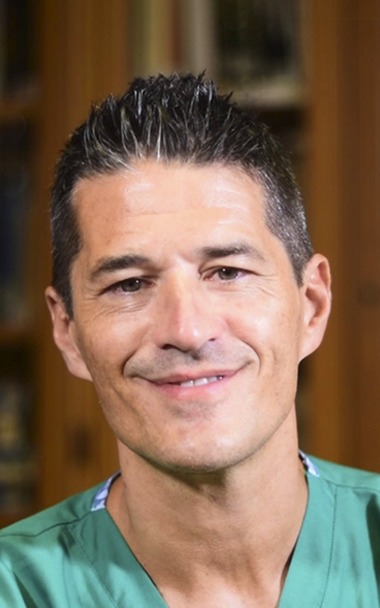In the era of innovation and advanced biotechnology, precision medicine has emerged as a transformative approach to healthcare. By leveraging cutting-edge technologies and personalized therapies, it holds immense promise for improving outcomes in cancer patients.
In this scenario, balancing survival and quality of life in interventional oncology involves careful consideration of treatment options, potential side effects, and individual patient goals. It’s about optimizing outcomes while minimizing the impact of treatment on daily life. This might involve a multidisciplinary approach, tailored to each patient’s needs and preferences, to achieve the best possible balance between prolonging life and maintaining its quality.
Quality of life and treatment selection
The term “quality of life” is a complex concept with many diverse facets and components. The standard QoL questionnaires measure the presence or absence of specific symptoms or overall general health without taking into account the patients’ beliefs or attitudes toward treatment and intervention outcomes. Patients with cancer face difficult decisions regarding treatment and the possibility of trading quality of life. Decision making in a cancer setting can be a difficult process due to its multifaceted nature, influenced by patients’ outlook and beliefs, as well as their previous experiences, so that involvement of onco-psychologists should be mandatory in multidisciplinary tumour boards to enhance the uptake of psychosocial aspects in treatment decisions.
In cancer patients, quality of life is often assessed using parameters such as pain levels, physical function, emotional well-being, and overall satisfaction with treatment outcomes. These parameters help clinicians gauge the impact of interventional procedures on patients’ daily lives and overall well-being. Additionally, factors like treatment side effects, recovery time, and ability to perform activities of daily life are also mandatory when selecting treatment options. As a matter of fact, chemotherapy as a salvage treatment or administered before or after surgery, can have a significant impact on the quality of life of oncological patients, leading to decreased physical functioning as well as overall discomfort for patients. Some chemotherapy drugs can also affect cognitive abilities, which includes problems with memory, concentration, and decision-making.
Quality of life and interventional oncology
Interventional oncology offers a less invasive, targeted, and adaptable approach in cancer treatment, providing patients with effective options that prioritize both treatment efficacy and quality of life. In detail, interventional locoregional procedures are often minimally invasive, leading to shorter hospital stays, faster recovery times, and reduced risk of complications, with a low side effects rate, enhancing treatment efficacy. They can also be repeated if necessary, offering flexibility in treatment and allowing for adjustments based on tumour response and disease progression. Some interventional procedures can be performed on an outpatient or daycare basis, allowing patients to return home the same day and resume their normal activities more quickly.
Quality of life and IO in palliative settings
These advantages are very critical and are a game-changer in palliative approaches, as well as intensification or consolidation strategies, aiming at maximizing the effectiveness of locoregional treatments, in controlling cancer locally or regionally. These intensification and consolidation strategies are often tailored to the individual patient’s disease characteristics, treatment response, and overall health status, with the goal of maximizing treatment efficacy while minimizing side effects and improving long-term outcomes.
Recent literature demonstrated that locoregional interventions can maximize symptom-free intervals while minimizing current symptomatology also in patients with advanced primary or secondary hepatic malignancies. The SARAH trial – a comparison between radioembolization and sorafenib in unresectable HCC – found no significant difference in overall survival between the two treatment groups. However, radioembolization was associated with fewer severe adverse events and better quality of life compared to sorafenib. Similar results were also obtained in the SIRveNIB trial and in other studies performed in mixed cohorts of patients. In detail, in CIRT-FR, which assessed QoL in 200 patients with a combination of primary and secondary hepatic lesions, the majority of which reported as palliative intent (79%), it was confirmed that radioembolization allows patients to maintain their QoL.
Furthermore, electrochemotherapy (ECT) is usually applied in palliative settings for the treatment of patients with unresectable tumours to relieve pain and ameliorate quality of life. In most cases, it is used in the treatment of advanced stages of neoplasia when radical surgical treatment is not possible (eg, due to lesion location, size, and/or number), allowing treating tumour nodules in the proximity of important structures like vessels and nerves, as the treatment does not involve tissue heating. Overall, the safety profile of electrochemotherapy is favourable.
Conclusions
Quality of life is an important factor in treatment selection for all cancer patients. In multiple studies, locoregional treatments have shown the ability to maintain or improve quality of life in patients with advanced tumours. These advantages should be considered in the multidisciplinary care of patients in order to offer the right treatment option, balancing overall survival and quality of life.

